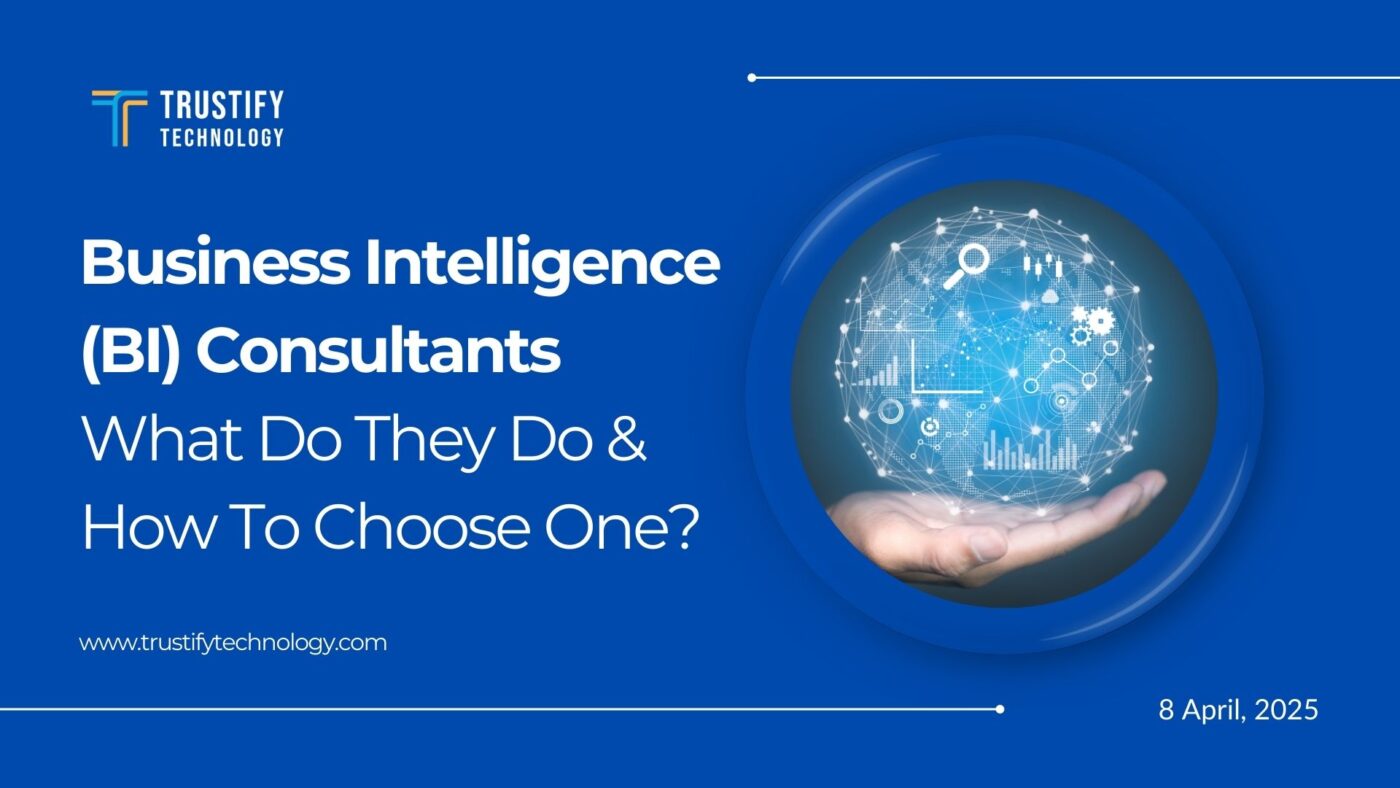Today, it seems undeniable that a Business Intelligence (BI) system is a must have for many businesses and it’s coming to your organization. As a business leader, if you set out to hire your BI (Business Intelligence) consultant, you are likely to face various challenges in order to hire the right one. This include reconciling the diverse demands of stakeholders from different parts of your business. And since any BI initiative brings together users ranging from data analysts and executives to marketing and sales, it’s essential to overcome conflicting opinions and limited awareness of data-driven strategies.
If this is your first venture into a BI project, there’s no one-size-fits-all rule. You need someone who can guide you through the ins and outs of data integration and analytics, ensuring that you adopt only the best practices while avoiding common pitfalls.
As you explore the benefits of a Business Intelligence Consultant (or BI Consultant), you’re looking to enhance your company’s internal operations through data-driven strategies that give you a competitive edge. Whether it’s data analytics, planning, or data warehousing, you rely on these experts to transform raw numbers into actionable insights.
What does BI Consulting Entail?
Your BI consultant leverages the latest technology to help your businesses extract, refine, and prepare data from both internal and external sources that matter most to your decision-making. Their role is to guide you in transforming this data into meaningful insights that improve your organizational processes. With their help, your business can predict future trends, plan new business initiatives, reduce costs, and drive growth by making strategic, data-informed decisions.
What Skills Should You Expect in a BI Consultant?
When you’re picking a BI consultant, you don’t just want a tech whiz. You want someone who can see the big picture. The best ones start with your business goals, not just the data. They’ll dig into your numbers, figure out what really matters, and zero in on the insights that actually drive success.
Of course, the technical skills matter too. You’ll want someone comfortable with SQL, database management, and BI tools like Power BI, Tableau, Qlik, TimeXtender, and the like. They should handle big data and data mining without blinking. And if they bring extra programming skills to the table, even better. That’s what helps turn raw data into actionable insights.
BI Consultant’s Day-to-Day Tasks
On a typical day, a BI consultant’s to-do list is packed with tasks that keep your data world humming:
- Checking and validating the data that’s coming in
- Keeping an eye on storage so nothing gets corrupted
- Documenting workflows so nothing gets lost when people change roles
- Setting up policies to make data collection and analysis efficient
- Building or fine-tuning ETL programs for smoother data processing
- Partnering with IT to build tools that make databases run faster
- Developing models to understand customer behavior or key markets
- Tracking KPIs and spotting trends as they emerge
- Introducing new analysis methods when old ones stop cutting it
- Producing clear reports that help your leadership team make confident calls
In short: they’re the people who turn messy data into something your business can actually use to make smarter moves.
Popular Tools and Systems That BI Consultant Use
BI consultants juggle a lot of tools depending on your needs. They might work with R for statistical analysis or SPSS for robust, user-friendly analytics. For data visualization, Tableau is famous for its clean, instant insights, while QlikView brings powerful visuals plus an integrated BI platform with demos and tutorials.
Other big names (that you might already be familiar with) include : Qlik Sense, Oracle BI, SAP Business Intelligence, Microsoft Power BI, Pentaho, all of which can play a role in a well-rounded BI strategy.
The Value of BI Consulting for Your Growing Business
In today’s data-driven world, investing in Business Intelligence consulting can revolutionize how you operate. BI is a technology-driven process designed to help you gather, analyze, and visualize data in a way that’s easy to understand and use. It enables you to monitor both internal and external processes and to predict future trends accurately. With an ever-expanding array of BI tools at your disposal, you can simplify the process of data collection and analysis, empowering you to make smarter decisions that fuel your business growth.
By partnering with the right BI consultant, you’re not just adopting a new tool, you’re embracing a strategic resource that will help propel your business forward in an increasingly competitive marketplace.
Why the Right BI Consultant Makes All the Difference
With over 10 years of experience in BI consulting, we’ve carefully outlined the requirements that matter most to your businesses. We’re not concentrating solely on technical expertise or standard factors like price and location, these are a given. Instead, let’s focus on aspects that are often overlooked and can make or break the project’s success.
Business Analytics Know-How Matters
Data is the heartbeat of Business Intelligence, but raw numbers alone don’t move the needle, you need insights that actually drive decisions. That’s why your BI consultant has to bring more than technical chops. They should get business analytics on a deep level: turning messy, complex data cycles into clear dashboards your team can use right away.
Without that understanding, you risk clunky workflows that miss the real performance metrics that matter to your business. The right consultant will smooth out the process, shorten the learning curve, and make sure meaningful insights start flowing from day one.
Make the Most of Built-In Features
Modern BI platforms are the product of years of expert development and significant investment, which is reflected in their built-in features. A good consultant knows how to squeeze every ounce of value from those out-of-the-box tools before suggesting customizations.
This isn’t about showing off technical tricks, it’s about aligning the platform’s native capabilities with your actual operations. Smart use of built-ins keeps things lean, avoids over-engineered “playgrounds,” and ensures your BI platform serves strategy, not ego.
BI Theory Is Everything
Beyond technical competence, a robust understanding of BI principles backed by practical experience is key to ensuring your business moves forward. A consultant grounded in BI theory won’t just offer a series of disconnected features; they’ll provide a solution that advances your organization through proven stages of data maturity.
Many experts utilize a multi-stage BI maturity model that spans from basic reporting and descriptive analytics to advanced predictive insights and strategic data management. This approach helps pinpoint your organization’s current stage and chart a clear path forward, ensuring the solution not only meets your immediate needs but also scales with your future ambitions.
User Adoption is A Priority
Your analysts, managers, and decision-makers might initially question the introduction of a new BI platform. To address their concerns, your BI consultant must showcase a tool that excels in usability and transparency. The rationale is straightforward: if your BI system is cumbersome or difficult to navigate, the very individuals it is supposed to empower may revert to using spreadsheets or outdated methods, thereby undermining the anticipated return on investment.
Conversely, if the end users are enthusiastic and fully understand the platform’s capabilities, they will be more likely to maintain high data quality and operational efficiency. When reviewing proposals or portfolios, look for clear indicators of a consultant’s ability to drive high user adoption and to customize interfaces in a way that enhances rather than complicates the user experience.
Specific Industry Experience
Business Intelligence means different things across various industries. What works seamlessly for a retail operation might not be as effective for manufacturing, healthcare, or finance. It is crucial, therefore, that your prospective BI consultant demonstrates both theoretical knowledge and practical experience relevant to your niche.
Examine their portfolio closely: ask for detailed briefings, check their industry-specific successes, and listen for terminology that resonates with your business environment. A consultant who truly understands your sector will combine technical prowess with industry insights, delivering a customized solution that meets your unique data challenges and strategic goals.
Conclusion
When selecting a BI consultant, it’s easy to overlook critical requirements that extend beyond the obvious considerations of cost, location, IT experience, and project scale. The five criteria outlined above, including – user convenience, leveraging built-in features, a strong grasp of business analytics, industry-specific expertise, and a solid foundation in BI theory – are pivotal in ensuring the successful adoption and effectiveness of your BI platform.
Incorporating these factors into your RFP and overall decision-making process will help you avoid a costly trial-and-error approach, ultimately paving the way for a smoother, more impactful BI deployment.


